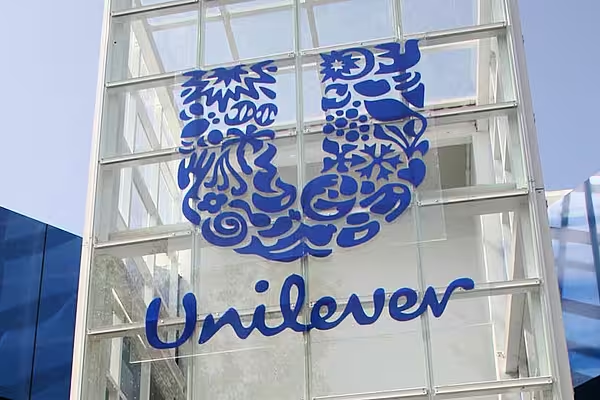Consumer goods giant Unilever laid out details on Tuesday (September 11) for the planned December listing of its new Dutch entity, which has sparked criticism from some UK shareholders and become swept up in the debate over Brexit.
The maker of Dove soap, Lipton teas and Ben & Jerry's ice cream has said ending its dual Anglo-Dutch structure is a purely business move to improve corporate governance and make it more agile, particularly with regard to big mergers and acquisitions.
But the decision in March to make Rotterdam its main headquarters caused controversy in Britain, where opponents of Brexit warned it was a sign of business losing faith in the country. Brexit supporters, meanwhile, pointed to Unilever's ongoing commitment to its UK staff and operations.
The decision, which is pending shareholder approval, also faces pushback from some UK investors. It will likely see Unilever drop out of Britain's blue chip FTSE 100 index, which could cause forced selling by UK funds mandated to track the index.
The move requires approval by 75% of UK shareholders and 50% of Dutch shareholders. The votes will take place on Oct. 25 in the Netherlands and Oct. 26 in London.
Unilever has said it is "very confident" of securing the required votes.
New Unilever
If approved, one share in the capital of New Unilever NV would be issued for each share in the existing Dutch and UK entities, resulting in shareholders receiving shares in the capital of New Unilever that represent an equivalent economic interest.
The expected last day of trading in NV and PLC shares would be Friday, Dec. 21, Unilever said. The simplification process would then complete over the weekend, with dealings in New Unilever shares starting on Monday, Dec. 24.
Unilever launched a review of its dual structure in 2017 after fighting off a $143 billion takeover proposal from Kraft Heinz, triggering a battle between Britain and the Netherlands.
In March, the group said a new holding company, New Unilever, incorporated in the Netherlands, would be listed in London, Amsterdam and, in the form of American depositary shares, in New York.
In addition, the company says it has a plan to avoid unequal taxation for shareholders in countries such as Britain if the Dutch government fails to scrap its 15% withholding tax on dividends as planned or delays doing so.
Headquarters Move
British shareholders, a significant portion of the Anglo-Dutch company's base, will be uniquely exposed to the Dutch tax if it is still in effect when Rotterdam becomes Unilever's headquarters in December.
Unilever told Reuters in an email if the tax is not scrapped, it could use a "substitution payment mechanism", which involves distributing capital in a way that does not trigger the 15% tax.
The company posted a fuller explanation of plans on its website, saying that if the tax were not abolished it could use distributions of "paid-up capital" that would effectively act as a substitute for dividends.
It estimated that the new, unified Unilever would hold €58 billion worth of such capital.
News by Reuters, edited by Donna Ahern. Click subscribe to sign up for the Checkout print edition.









